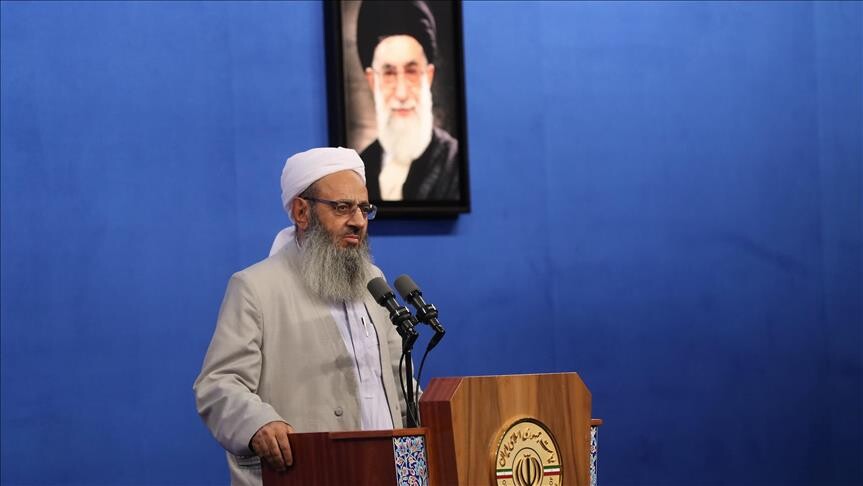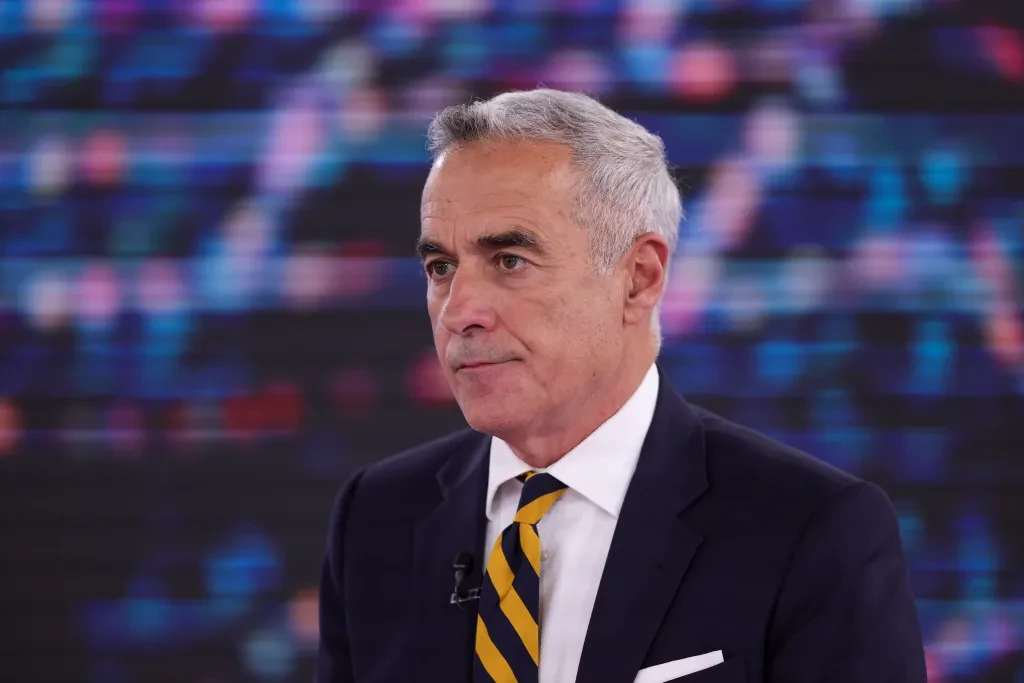Sunni cleric in Iran reacts to sectarianism in presidential elections
 Sunnis discriminated against after the Iranian revolution, July 26, 2018, Zahedan. (AA Photo)
Sunnis discriminated against after the Iranian revolution, July 26, 2018, Zahedan. (AA Photo)
Sunni Imam of Zahidan, Mawlavi Abdulhamid Ismaelzei, a leading Sunni scholar in Iran, voiced strong criticism of discrimination ahead of the June 28 presidential election.
Ismaelzei highlighted the regime’s sectarian structure, stating: “There are good and valuable people in the Sunni community, but because the law requires adherence to the country’s official sect, these individuals cannot register as candidates. What was the motivation behind this law? This law is rejected according to Allah’s Book and the Sunnah, and it does not comply with Islamic Sharia and international laws. More than 20 million Sunnis are deprived of candidacy just because they are Sunni.”
Continuing his remarks, Ismaelzei argued that a constitution excluding Sunnis is incompatible with the principles of the Islamic Republic. “Women registered as candidates for the presidential election but were not given a chance. Similarly, during this period, a distinguished Sunni wanted to register as a presidential candidate but was prevented from doing so,” Ismaelzei emphasized.
Sunnis can’t even become ministers
Ismaelzei also pointed out that Sunnis are not allowed to become ministers. “We asked another president we supported to appoint a Sunni minister while forming the cabinet. He said that if he appointed a Sunni minister, the parliament would not approve it.”
“We told him to propose it anyway, even if parliament wouldn’t approve, but he lacked the courage. Later, we raised the issue of selecting the vice president from among Sunnis, but again he either did not want to or lacked the courage.”
Ismaelzei added that during the last election, they supported Ebrahim Raisi, who promised to appoint a governor, deputy minister and ambassador from the Sunni community, but did not fulfill these promises.
No Islamic rule prevents women from being leaders
Reacting to the prevention of women’s candidacies, the Sunni cleric stated: “There are contemporary examples of successful women in the prosperity and development of their countries. For example, the president of Singapore was a veiled and prayerful woman, and she managed to transform the country. She opened the country’s borders to all foreign companies and investors, announcing tax exemptions for everyone investing in Singapore. The Singaporean currency appreciated, and unemployment was eliminated. Muslims make up 15% of Singapore’s population, and there is no distinction between minorities and the majority, or between men and women, in its constitution.”
“There is no clear evidence or proof that a woman does not have the right to be a leader or president,” Ismaelzei concluded.



